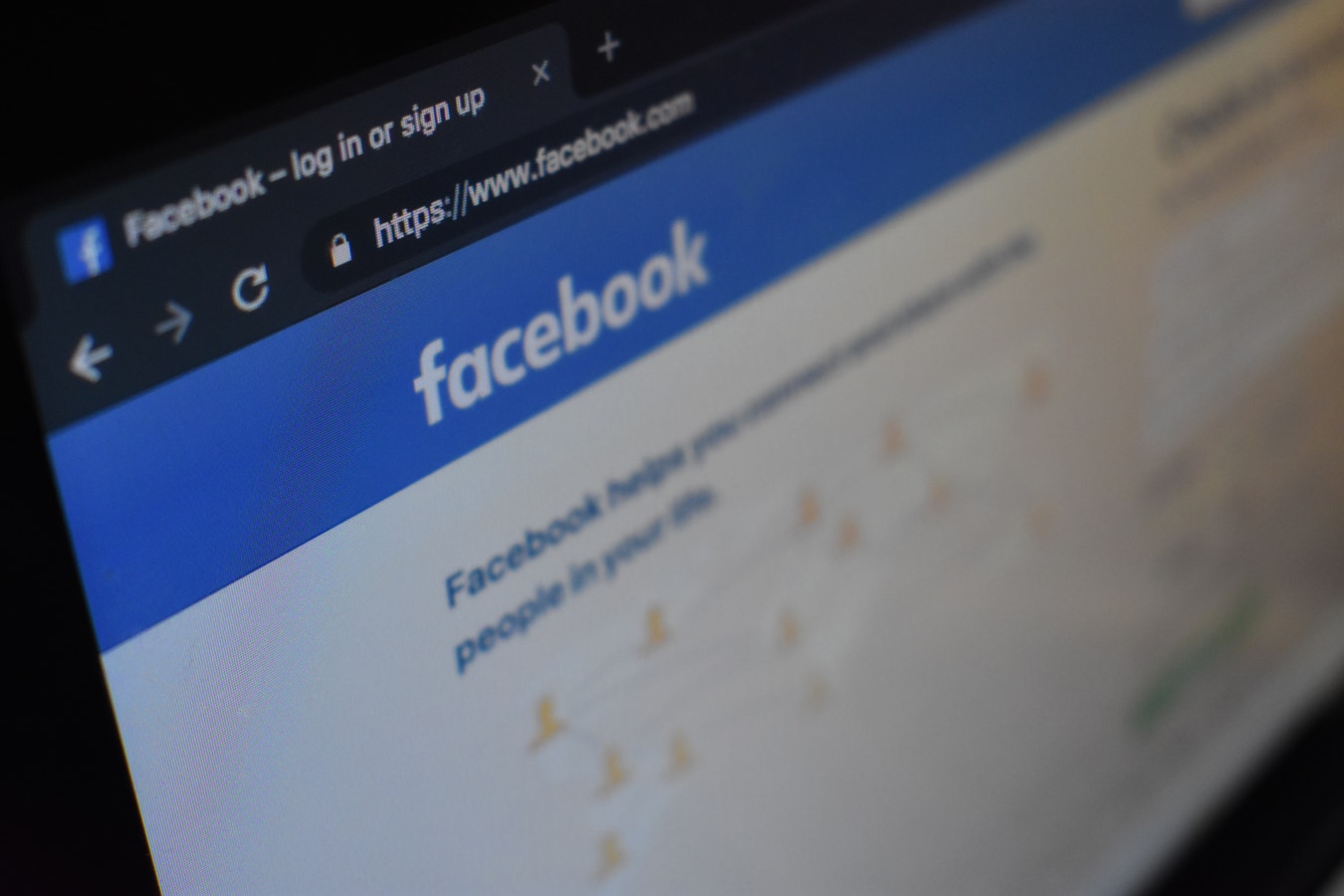Could foreign powers influence the Australian election?
Two and a half years on from the 2016 US election, the subject of Russian interference is still in the headlines.
Two and a half years on from the 2016 US election, the subject of Russian interference is still in the headlines.

Two and a half years on from the 2016 US election, the subject of Russian interference is still in the headlines. With the federal election just days away, UNSW Canberra Cyber Research Fellow Tom Sear said Australians need to be aware of similar threats.
He said the goal of interference doesn’t appear to be slanted towards a particular side of politics. Instead, it is feeding off the increasingly polarised political climate in an attempt to create disunity.
“The main goal, in some instances, is just simply to undermine our sense of confidence in the political system itself, to create disruption and conflict online,” Mr Sear said.
“We’ve found evidence that Russian state influence operatives have functioned in the online space in Australia, trying to create division, stir up Islamophobia and create disruption with the online space in Australian society.
“There are some emerging concerns that other forms of social media, in particular WeChat, might experience the censorship and surveillance of perhaps even the Chinese state.”
This is one of the new challenges that the Australian Electoral Commission will face in the upcoming election.
“It’s a very difficult environment for a government to manage an election in cyber space and one of the concerns is that the Australian government is going to have to rely on the algorithms of Facebook and Twitter and WeChat in order to manage and maintain surveillance of political advertising,” Mr Sear said.
“Just the sheer volume of social media has changed the landscape and made it difficult for a government to manage an election in cyber space.”
Mr Sear said all Australians are potential targets of social media manipulation, so it is useful to be aware that you may be influenced in the election.
“Often though they will start by trying to get you to follow them or to be part of their online network through cultural things like talking about Australian TV or Australian flora and fauna – typical Australian cultural things we all might experience and know well – and then be turned towards an issue like Islamophobia to try and create disruption,” he said.
And in some seats, they only have to influence a few people.
“It may not happen in this election, but in the 2016 Australian election, certain seats were swayed by 42 votes. it’s fairly easy to sway a particular seat with just a few votes and sometimes influencing a minor party is a way to do that,” he said.
“This election might be a threshold point for how to manage an election in cyber space.”